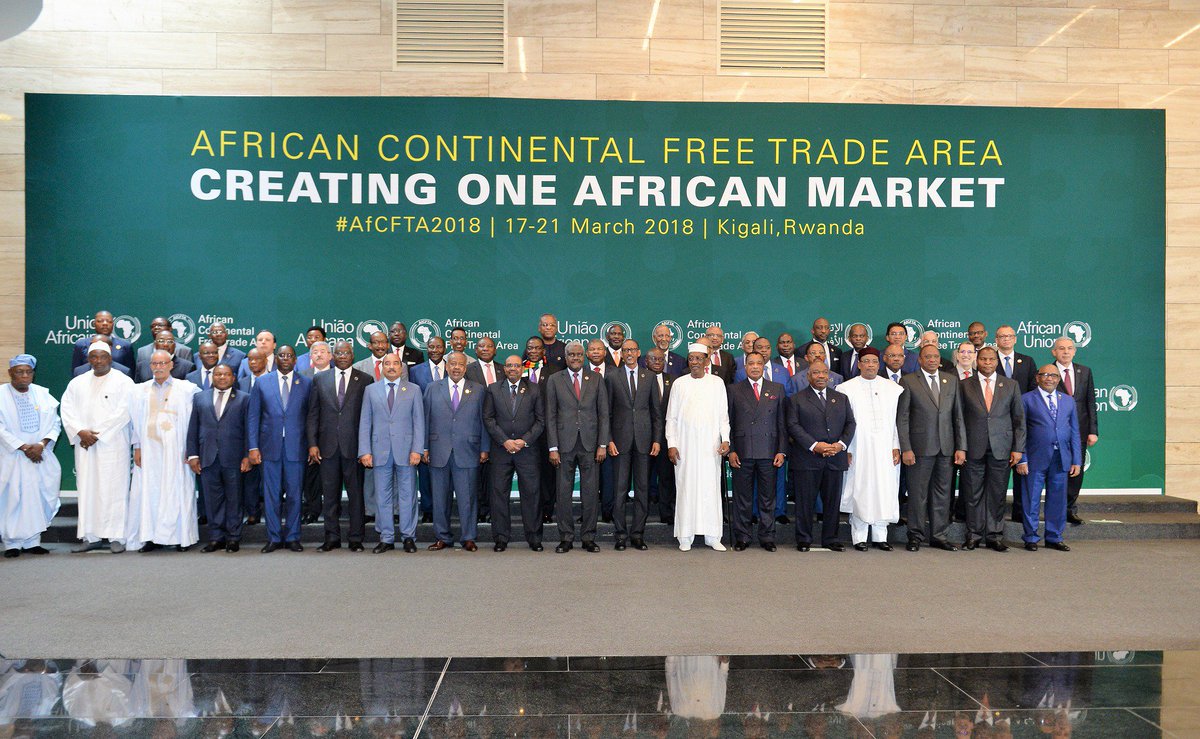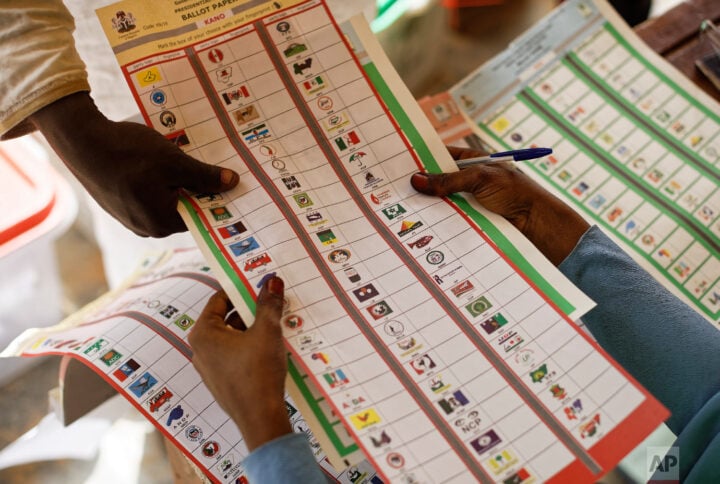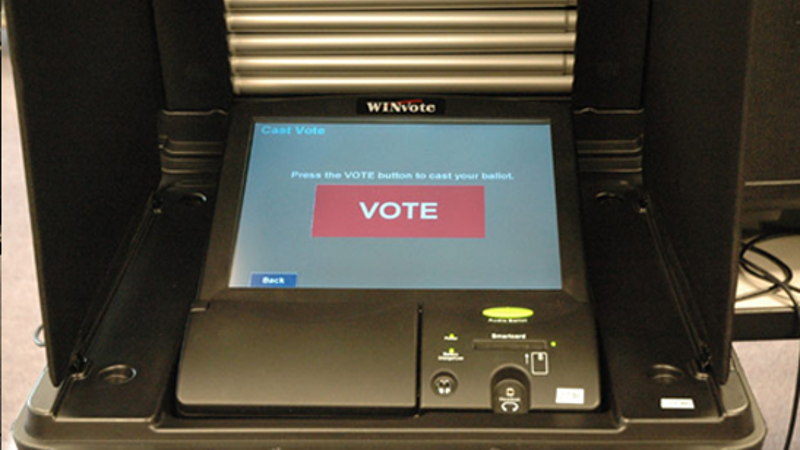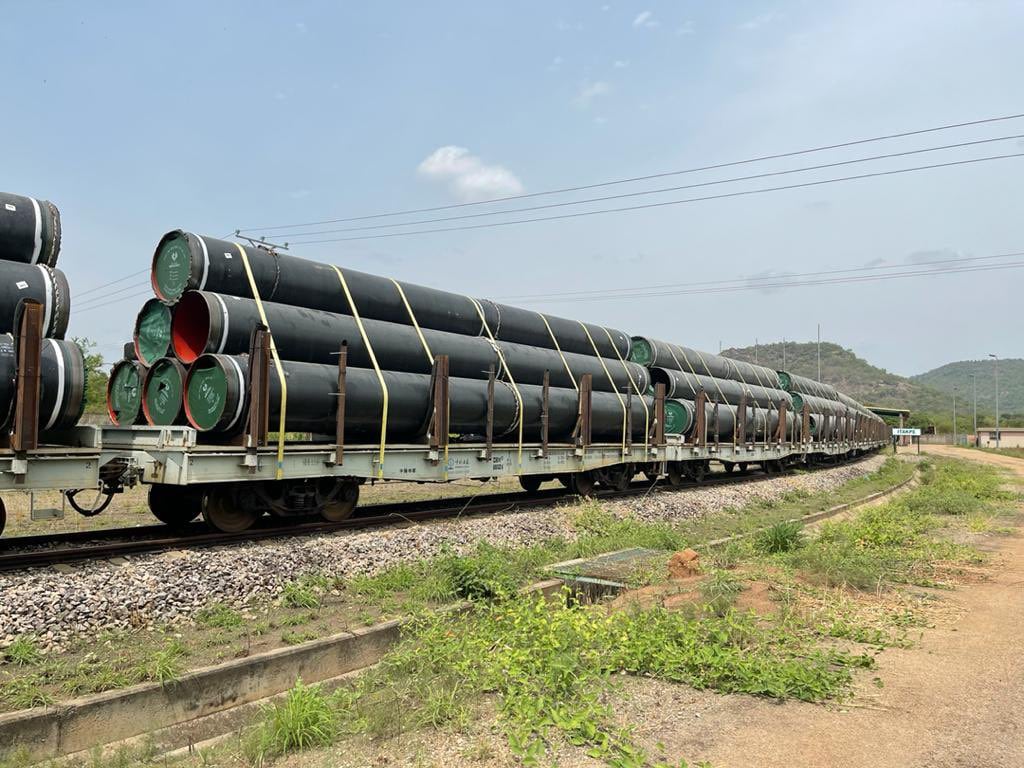BY OLUWATOBI OJO
When the plan for the African trade area agreement started, it seemed like another ambitious project typical of African leaders with no clear-cut implementation strategy or the intention to execute it at all.
However, what has preceded the announcement has been nothing short of spectacular. For a very long time, African leaders united to achieve a common goal, regardless of affiliation, individual, or political interest.
The commencement of trading under the AfCFTA agreement on January 6th represented a significant landmark in the agreement’s short but impactful history. It signified the beginning of realizing a better future for Africa and the African Union agenda 2060.
Advertisement
Just like other developmental policies, the AfCFTA has had its fair share of challenges. These challenges have proven to be a cog in the wheel and have stalled a speedy and full implementation of the agreement. However, the leadership of the AfCFTA has taken the bull by its horn by ensuring all hands are on deck to wade through the challenges and ensure the achievement of prosperity for all Africans.
CHALLENGES
Although 44 out of 45 African countries have signed the pact, and 36 African Union member states deposited their instrument of ratification, only Ghana, South Africa, and Egypt have met the custom requirements on infrastructure for trading. This means only these three countries can trade effectively under the AfCFTA agreement. This represents a long shot from the full implementation of the agreement.
Advertisement
International policies, Government bureaucracies, and economic woes resulting from the covid-19 pandemic have further affected the full implementation of the agreement in all African countries.
In August 2019, the Nigerian government ordered a partial closure and subsequently, in October 2019, a full closure of all land borders. The closure contravened the AfCFTA agreement in which Nigeria is a signatory, and it halted trade with neighboring countries (Benin, Cameroun, Chad, and Niger).
The government argued that the AfCFTA undermined the country’s food import substitution policy on local production and consumption. The argument is, however, not without basis. A recent study by the World Bank reveals, “Africa’s rising food import bill poses a burden on the external balances and signifies an important missed opportunity for accelerating poverty reduction through food import substitution.”
Therefore, the decision is unilateralist and parochial, with only short-term advantages to it. One cannot argue that the indefinite border closure will only reduce the import rate into the country and further increase illegal routes of smuggling goods into the country.
Advertisement
The AfCFTA will only be realized if all African countries look beyond their immediate priorities and focus on the possibilities of an integrated market the agreement offers.
Lack of infrastructural capacity to combat smuggling and other illicit practices across the border is another challenge that has proven to undermine the agreement. Many African countries lack the institutional ability to monitor and control activities around their land borders, which are essential to the verification and monitoring rules of the AfCFTA and ECOWAS. As more countries trade with each other, there are high tendencies that this problem will become widespread if not addressed soon.
There is an urgent need to adopt a cohesive policy that is mutually beneficial to all member states. Nigeria and South Africa represent the two largest economies in Africa. The cooperation between these two countries can affect the success of the agreement. Many small countries with smaller economies will suffer from structural and regulatory changes from the agreement. The AfCFTA needs to resolve with such countries and others that depend on revenue like the custom duties to support their economy with compensation packages.
OPPORTUNITIES
Advertisement
With over 54 countries involved in the AfCFTA, representing over 1.3 billion people and a combined GDP of over $3 trillion a year, the AfCFTA is the most valuable agreement since the formation of the World Trade Organization. The opportunities are many and will herald a new dawn of economic prosperity, industrialization, and sustainable development across a continent that has long been associated with poverty.
The United Nations Economic Commission for Africa states that ‘the implementation
of the agreement could increase intra-African trade by 52%, compared to 2010 levels, by
2022, and as a result reduce the gap with intraregional trade quotas currently characterizing Asia (51%), North America (54%) and Europe (67%)’.
Advertisement
The principal beneficiaries of this agreement are the small-medium-scale enterprises (SMEs) which currently account for 80% of the economy in Africa. Besides, these entrepreneurs, women, and youths will also benefit because it will create more job opportunities and help ensure the industrialization of the African economy.
WHAT DOES THE FUTURE HOLD?
Advertisement
Even though the challenges are manifold and might take a longer time to find all the solutions to them, Africa can redeem itself from the extreme poverty that has plagued the continent and set its citizens on a path to economic prosperity. This will not happen unless every relevant stakeholder places the continent’s agenda over individual interest and the self-aggrandizement of the elites.
Advertisement
Views expressed by contributors are strictly personal and not of TheCable.
Add a comment






